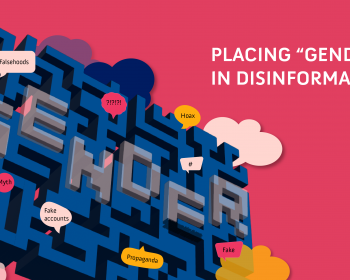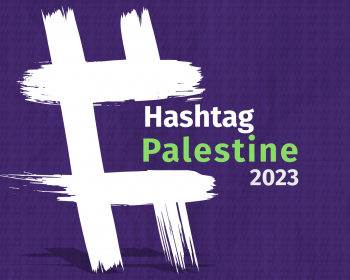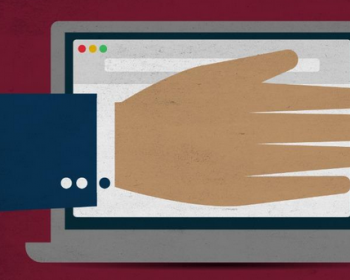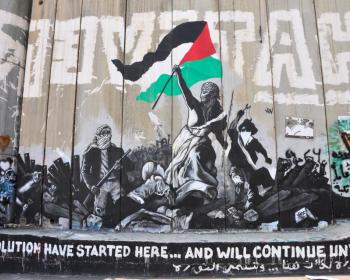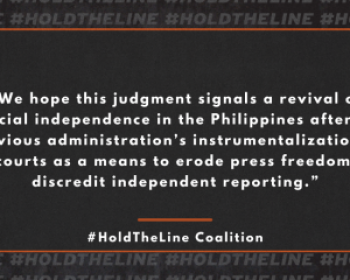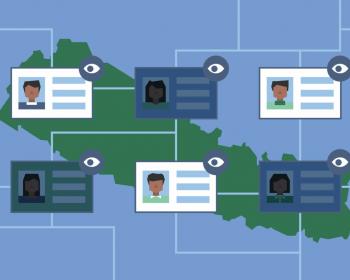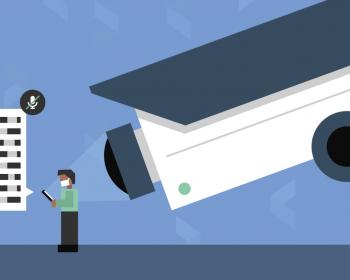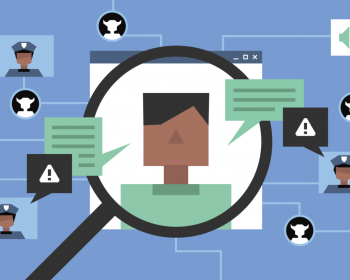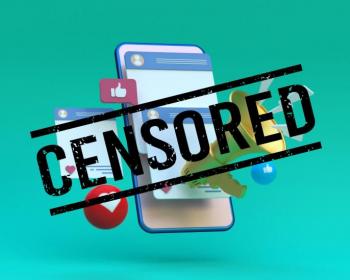censorship
This report responds to APC's belief that it important to characterise gendered disinformation, because it relates to a specific type of violation of women’s and gender-diverse people’s rights, in particular their freedom of expression, which is not properly encapsulated by other concepts.
In their new annual report, Hashtag Palestine 2023, 7amleh documents how censorship of Palestinian narratives and content is rampant alongside incitement and hate speech against Palestinians.
This open letter expresses deep concern over Meta's proposed revision of its hate speech policy regarding the term "Zionist" and the potential to treat it as a proxy for Jewish and/or Israeli, which will ultimately lead to severe restrictions on legitimate political speech and debate.
Meta claims that it respects people's freedom of expression, but has historically been intentionally silencing Palestinian voices and those standing for Palestine. So how do we hold it accountable?
APC joins with other human rights and civil society organisations calling on tech companies to urgently address instances of online hate speech, incitement and violent discourse targeting Palestinians.
The Hold the Line Coalition, comprised of over 80 organisations around the world including APC, welcomes the verdict acquitting Nobel laureate Maria Ressa and her news outlet Rappler on the final criminal tax charge levelled against them by the regime of former President Rodrigo Duterte.
The government’s COVID-19 response opened the door to various threats to human and digital rights. With the influence of its neighbours with poor rights records, Nepal must decide on its own path if it envisions a democratic digital ecosystem.
The COVID-19 pandemic provided the government with pretext to censor free speech, harass critics, and effectively curb dissent – accelerating what has been an ongoing turn towards authoritarianism in Bangladesh.
In Indonesia, a rise in hard-line approaches to governance is heralding looming authoritarianism. The COVID-19 pandemic has provided the government there with the opportunity to further accelerate digital authoritarianism through online surveillance, censorship and online manipulation.
Internet censorship in the name of morality in Pakistan is rampant, and the trend continues to grow as new laws and regulations are introduced. But just a cursory look at this trend reveals that the censorship is not just vague, but also sexist, targeting women's expression and experiences online.

Association for Progressive Communications (APC) 2022
Unless otherwise stated, content on the APC website is licensed under Creative Commons Attribution 4.0 International (CC BY 4.0)



